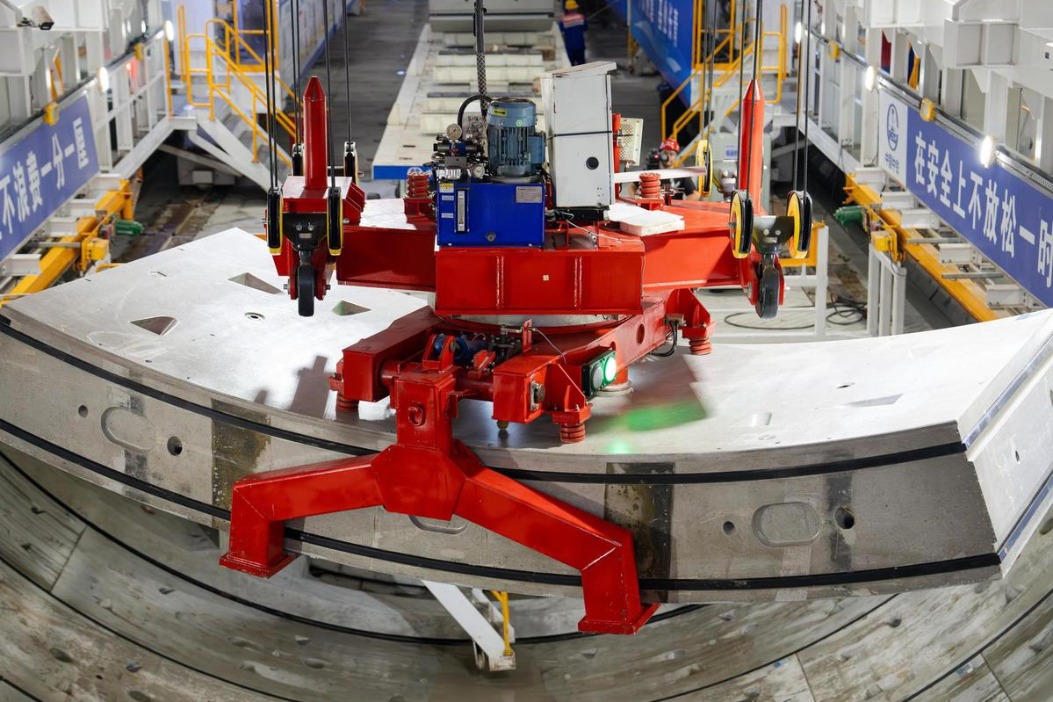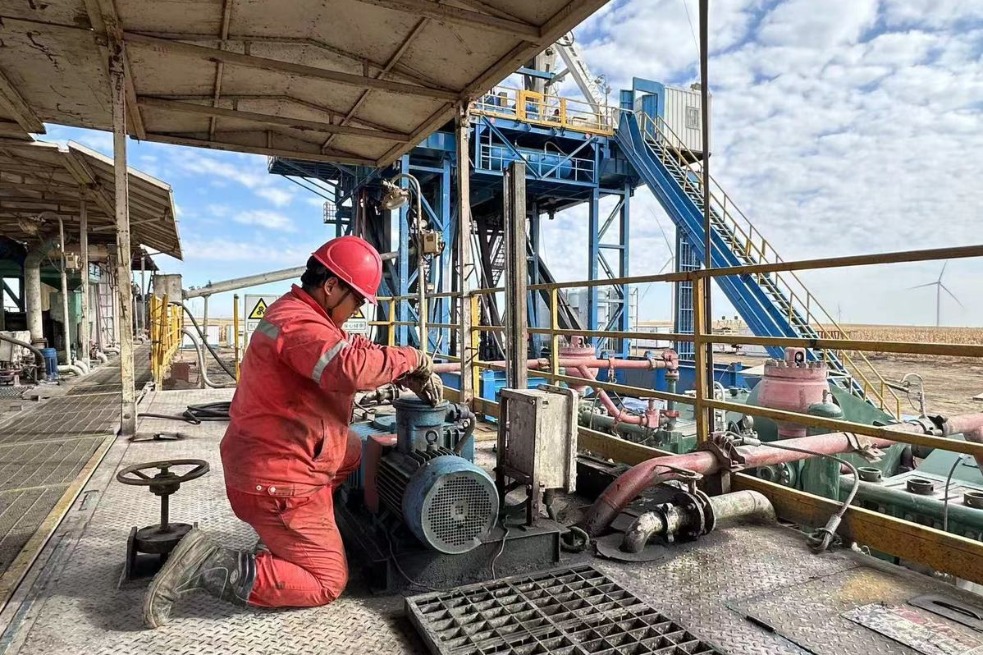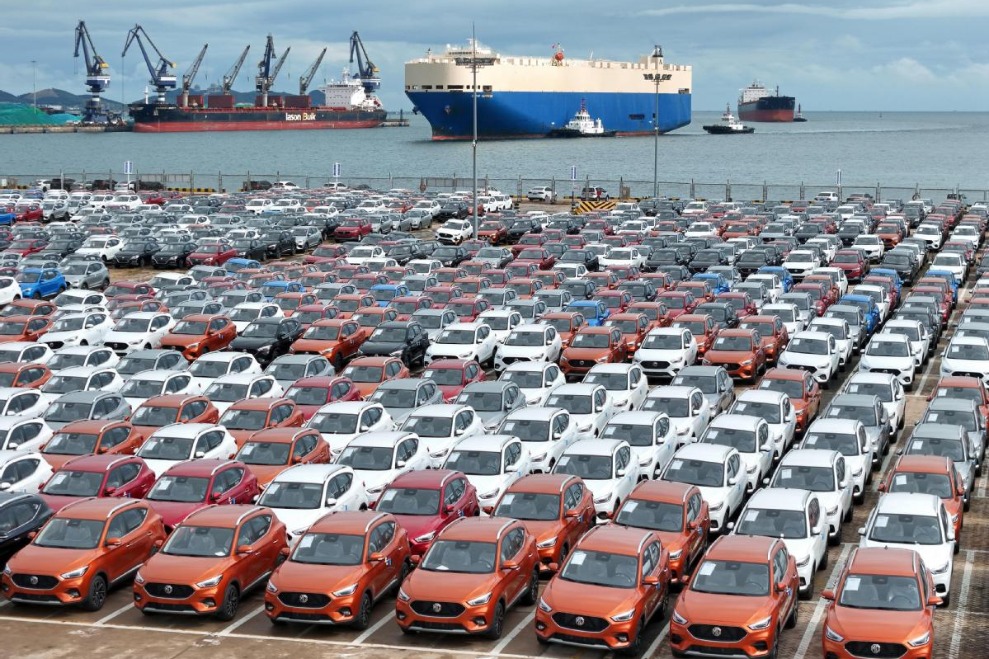Leap in Sino-African ties foreseen


The current global economic slowdown and shocks to industrial and supply chains have presented China and Africa with a crucial opportunity to scale up mutual cooperation and move it to a higher level, officials and experts said.
A shift in China-Africa investment cooperation toward higher-end industries, digitalization, and green development is a vital step in facilitating the inclusive growth of both sides, they said.
They made the remarks at the Symposium on High-Quality Development of China-Africa Investment Cooperation on Monday, which was jointly hosted by the China-Africa Development Fund and the Chinese Academy of International Trade and Economic Development in Beijing.
The complementary economic and industrial development profiles of China and Africa have formed a solid basis for their thriving cooperation, said Jing Ning, deputy director-general at the department of Western Asian and African affairs under the Ministry of Commerce.
The synergistic pairing of China's technologies, equipment and management expertise with Africa's markets and human resources has been a key driving force behind the advancement of the continent's industrialization, technological innovation, and youth employment, Jing said.
China's investments in Africa are not only growing in volume but are also strategically oriented toward ensuring that Africa becomes a global manufacturing hub, said Rahamtalla M. Osman, permanent representative of the African Union to China.
Africa's green development potential, renewable energy needs, youth population and emerging consumer markets, coupled with the opportunities presented by the African Continental Free Trade Area, have made it a promising investment destination, Osman said.
The Chinese government announced plans to facilitate at least 70 billion yuan ($9.8 billion) in investments by Chinese companies in Africa over the next three years during the Summit of the Forum on China-Africa Cooperation in Beijing in September.
Meanwhile, China and Africa will establish a joint digital technology cooperation center and 20 flagship digital demonstration projects. China is committed to equipping African nations with the latest advancements in clean energy technologies, including solar, wind, and hydropower systems.
As Chinese enterprises expand their investments in Africa, they are not only pursuing their own interests, but also striving to bring tangible benefits to African countries, said Wang Shaodan, chairman of the China-Africa Development Fund.
CADF, along with partner enterprises, is actively promoting technology transfers to African countries, transitioning from "Made in China" to "Made in Africa" and enhancing the local industrial development capabilities, Wang said.
In 2013, Chinese home appliances manufacturer Hisense and the CADF jointly invested $350 million to establish Hisense South Africa Industrial Park, where the company has promoted technology transfer and upskilled local workers.
This has enabled South Africa to acquire manufacturing capabilities and develop export-ready brands for the European market, Wang added.
China is also working to facilitate the transfer of agricultural technologies to Africa through a wide range of cooperation modalities, which is crucial for enhancing Africa's food security, said Yu Zirong, vice-president of the Chinese Academy of International Trade and Economic Development.
Africa is currently facing the dual dilemma of debt and development, and Chinese financial institutions and enterprises are exploring the expansion of new collaborative models to address this challenge, said Yu Yong, deputy director-general of the department of African affairs under the Ministry of Foreign Affairs.
These new approaches, including public-private partnership, and integrated investment-construction-operation model, are designed to ensure the continuous funding and liquidity needed to support Africa's industrialization, ultimately leading to a reduction in the continent's debt burden, Yu said.





































